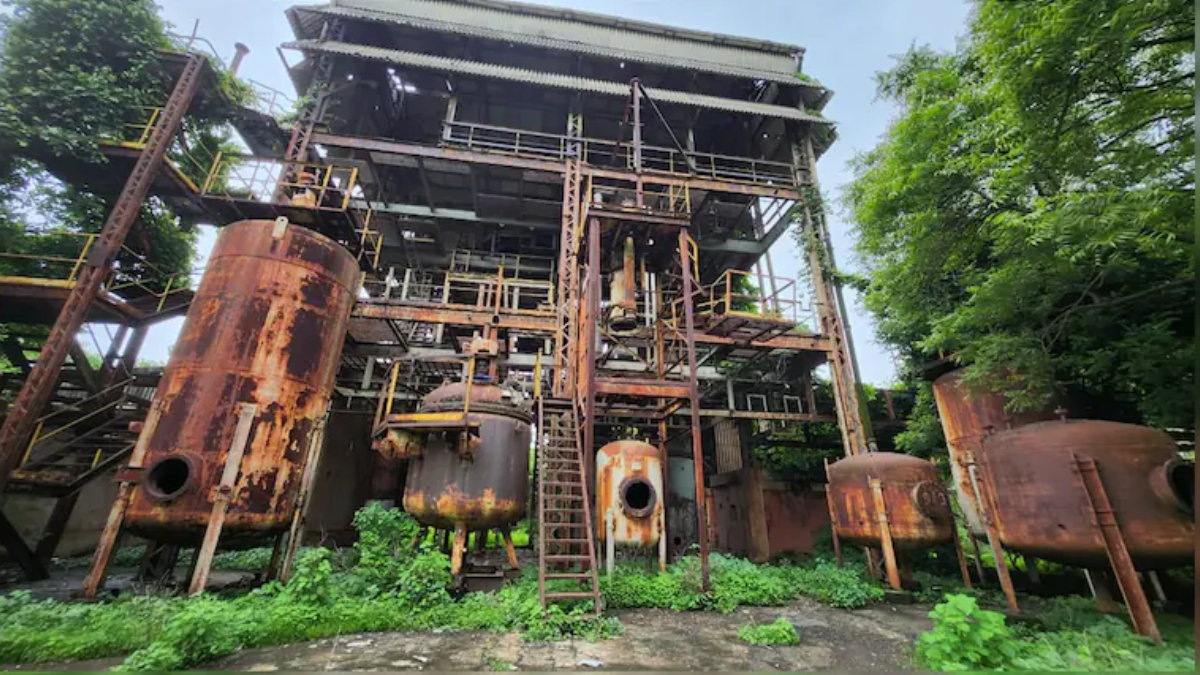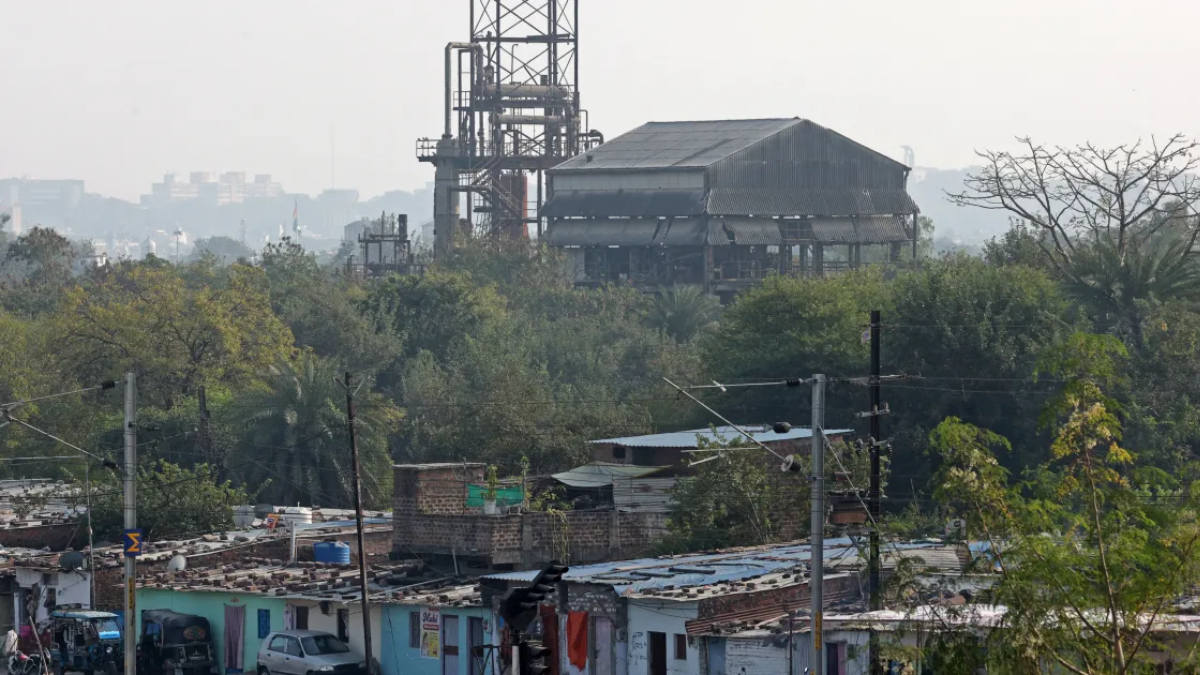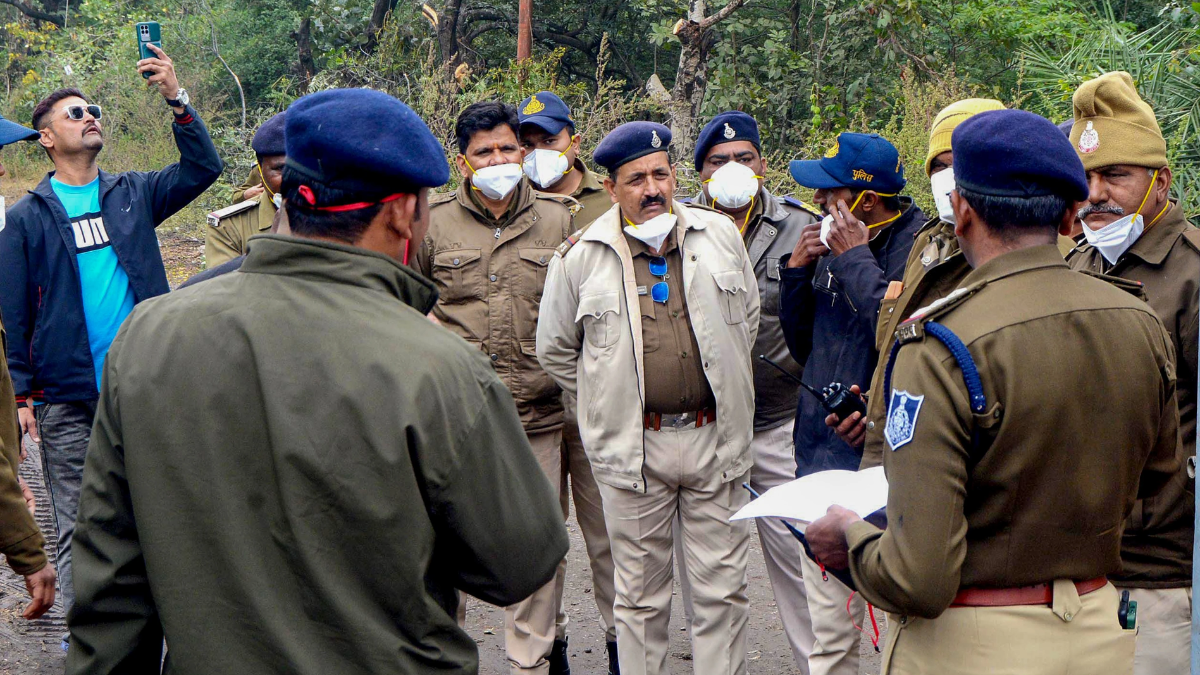
Four decades have passed since the catastrophic Bhopal Gas Tragedy, yet its grim legacy continues to haunt survivors and their descendants. While the physical remnants of the disaster—337 tonnes of toxic waste—were recently removed, the long-term health impacts and emotional scars remain indelible.
Table of Content:-
The Fateful Night: A Catastrophe Unfolds
On the night of December 2, 1984, a pesticide plant operated by Union Carbide in Bhopal became the epicentre of the world's worst industrial disaster. Methyl isocyanate (MIC), a lethal gas, leaked from the facility, releasing 40 tonnes into the atmosphere. The toxic cloud engulfed nearby communities, killing over 3,000 people within days and leaving tens of thousands more severely affected. Survivors suffered from chronic respiratory issues, eye damage, and reproductive health complications.

A study by Dr. R. Dhara in 1992 revealed that the gas caused long-term inflammation of the lungs and eyes, along with an increase in spontaneous abortions and psychological disorders. Even today, this tragic event serves as a cautionary tale of industrial negligence.
Survivors: A Struggle That Never Ends
Though the physical cleanup is underway, the human cost of the tragedy persists. Data from the Sambhavna Trust reveals that mortality rates among those exposed to the gas are 28% higher than average. Survivors face increased risks of cancer, kidney diseases, and lung disorders. Women bore a disproportionate burden, with many experiencing infertility, early menopause, and complications during pregnancy.
Also Read: Smokers Lose 20 Minutes of Life With a Single Cigarette, New Study Warns
Children born to survivors have also suffered immensely. The Chingari Rehabilitation Centre has documented over 1,000 cases of disabilities, including cerebral palsy, autism, and muscular dystrophy. A 2016-17 study by the Indian Council for Medical Research (ICMR) reported a 9% prevalence of birth defects among babies born to gas-exposed mothers, though the findings were controversially suppressed.
Intergenerational Impact: A Lingering Shadow
The tragedy's ripple effects have extended to future generations. A 2023 study published in BMJ One found that descendants of survivors experience a higher prevalence of disabilities and cancer. Notably, there was a significant decline in male births in the years following the disaster, underscoring the event's profound impact on reproductive health.

Research from the University of California, San Diego, revealed that men born in 1985 within 100 kilometres of Bhopal had an eight-fold increased risk of cancer. The study also highlighted heightened risks of miscarriages and stillbirths, emphasising the tragedy’s far-reaching biological consequences.
The Cleanup: A Small Step Forward
On December 6, 2024, 40 years after the initial leak, the toxic waste left the Union Carbide premises in 12 spill-proof trucks. The waste, weighing 337 tonnes, is being transported to the Pithampur industrial area for incineration. Authorities assured the public that the process involves advanced filtration systems to prevent further contamination. Once incinerated, the residual ash will be securely buried to eliminate environmental risks.
Also Read: Five Years Later, WHO Presses China for Transparency on Covid-19 Origins
What Lies Ahead?
The Bhopal Gas Tragedy spurred legislative reforms in workplace safety and corporate accountability. Yet, for many survivors, these measures come too late. Chronic health issues, psychological trauma, and socio-economic challenges continue to plague affected families.
As the toxic waste is cleared, the focus must shift toward holistic rehabilitation. Survivors need access to advanced healthcare, mental health support, and sustained financial aid. Moreover, ongoing research is essential to understand and mitigate the intergenerational effects of such industrial disasters.
Bottomline
The Bhopal Gas Tragedy is a grim reminder of the devastating consequences of industrial negligence. While the removal of toxic waste marks a symbolic step toward closure, the health and social scars left behind demand a more compassionate and proactive approach. Only by prioritising survivor welfare can the world truly learn from this tragedy and honour the resilience of those who endured it.
Also watch this video
How we keep this article up to date:
We work with experts and keep a close eye on the latest in health and wellness. Whenever there is a new research or helpful information, we update our articles with accurate and useful advice.
Current Version
